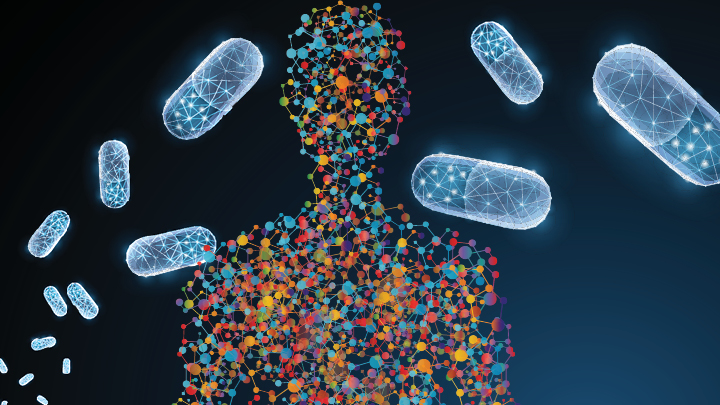The effect of the drug is very crucial in drug therapy. The prolonged drug action is both negatively and positively effective in drug therapy.
Advantageous
- Frequency of drug administration is reduced.
- Improved patient compliance.
- Large fluctuations in the plasma drug concentration is reduced.
- The drug effect could be maintained overnight without disturbing sleep.
By prolonging absorption from site of administration
Through oral administration of sustained-release tablets, spansule capsules, and drug particles coated with resins, controlled-release tablets/capsules exhibit prolonged action of 4 to 8 hours.
Through parenteral administration, such as subcutaneous and intramuscular injection of drugs in insoluble form or oily solutions, pellet implantation, silastic and biodegradable implants can provide absorption over days to months or even years. The inclusion of a vasoconstrictor with the drugs delays absorption.
Through Transdermal drug delivery systems, drugs are impregnated in patches, strips, or as an ointment applied to the skin.
By Increasing plasma protein binding
The drug binds to plasma proteins, which are highly bound. Slow release in the active form occurs.
By retarding rate of metabolism
The tubular secretion is the active process in renal excreation. The metabolism decreased by suppressing this process results prolong action.
General Approach to Prolong drug action
- Targeted Drug Delivery – Liposomes, Drug- releasing Implants
- Prodrug approach
- Drug delivery system
- Combination therapy
- Enzyme Inhibition
- Continuous infusion
- Nanotechnology
- Continuous infusion
- Patch Technology
- Incorporating binding agents
- Depot injections
- Micro encapsulation
Prolongation of drug action should be important because the drug’s effect on the body impacts patients safety, efficacy, and potential side effects. Consulting with pharmaceutical scientists, pharmacists, and medical professionals with expertise in drug formulation and delivery is crucial when exploring these approaches.


